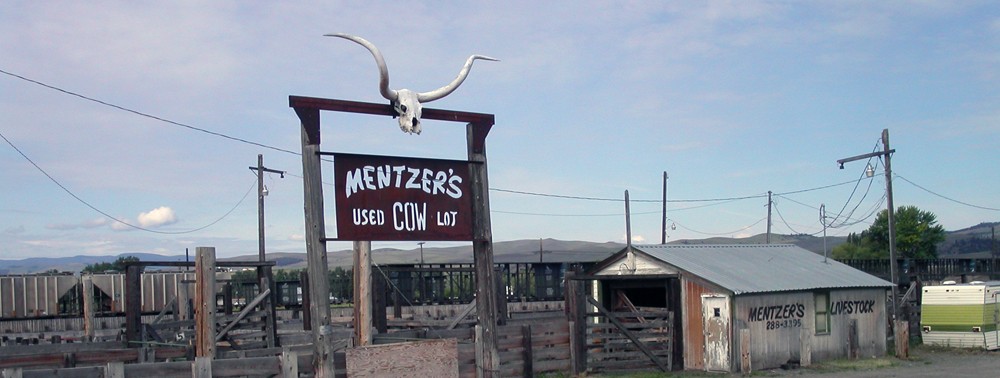For this year’s Delta Symposium at Arkansas State University I collaborated with two University of Arkansas professors on a panel titled “Producing Art in Spaces of Change.” The panel drew from my work in Washington, D.C., and Decatur, Ga. Dr. Robin Roberts (University of Arkansas Dept. of English) and Les Wade (University of Arkansas Dept. of Theatre) spoke about their work in gentrifying New Orleans neighborhoods post-Katrina. Dr. Richard Burns (Arkansas State Dept. of English and Philosophy) moderated the panel.

Delta Symposium panel (left to right): Dr. David Rotenstein, Dr. Robin Roberts, Dr. Les Wade, and Dr. Richard Burns. Photo courtesy of Richard Burns.
Our panel was about displacement and the creative responses to it that emerge in neighborhoods where it occurs. Here is our panel’s abstract:
Displacement is a violent process that involuntarily separates people from their homes, neighbors, families, and essential social networks. This panel examines artistic production in two Southern cities with histories of displacement and substantial communities of color, New Orleans and Washington, D.C.
Both cities in the twentieth century became majority African American and by the turn of the twenty-first century both had begun inverting demographically. In New Orleans, Hurricane Katrina in 2005 and subsequent rebuilding efforts were key displacement catalysts. Washington’s historically black neighborhoods are rapidly changing through gentrification.
Two scholars explore artistic production in New Orleans. Robin Roberts drills down into the economic and social changes affecting communities with long histories of Mardi Gras participation and how residents respond to and resist change. Les Wade examines cultural changes in the Treme neighborhood, hard-hit by Katrina and memorialized in popular culture by the HBO series.
David Rotenstein unpacks an urban legend found in African American neighborhoods throughout North America and long associated with the District of Columbia, “The Plan,” and its jump from black homes, churches, and barbershops into the African American press, mainstream white media, and academic literature.
I’m already looking forward to next year’s Delta Symposium. I plan to pitch a paper on heritage tourism in Helena, Arkansas, where contemporary residents are struggling to find the right mix of history and tourism to reboot the local economy.

Cherry Street Historic District, downtown Helena, Arkansas.

Abandoned motel, downtown Helena, Arkansas.

Cherry Street Historic District, downtown Helena, Arkansas.
Shortlink for this post: https://wp.me/p1bnGQ-313
